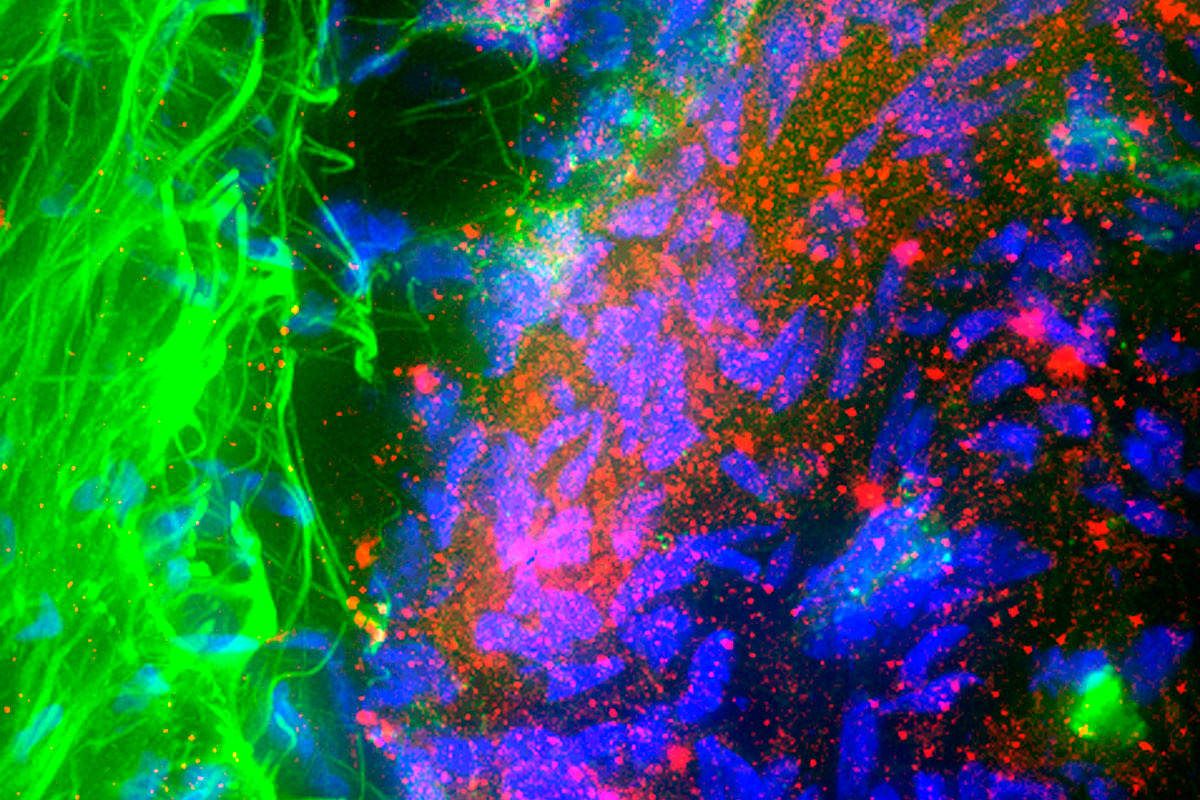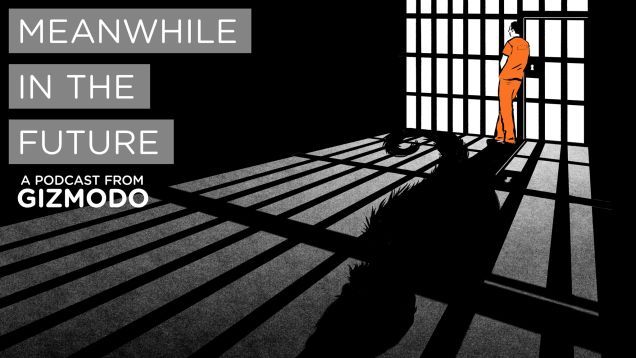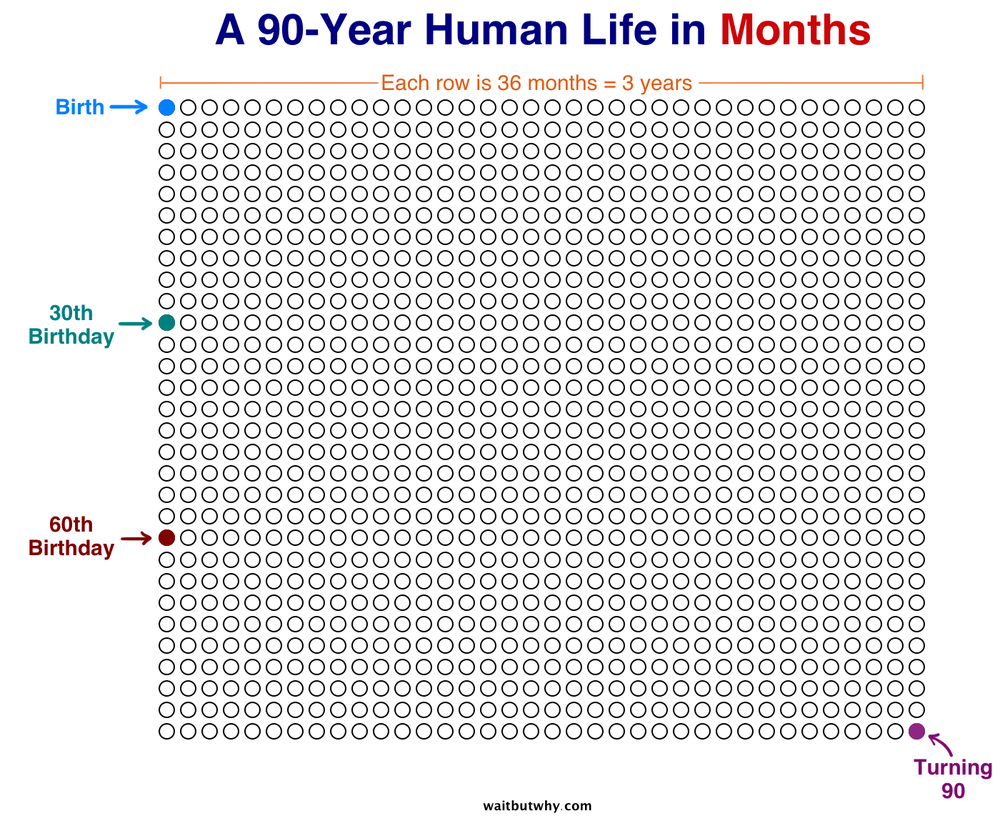Aug 14, 2015
Universal plaque-busting drug could treat various brain diseases — New Scientist
Posted by Steve Hill in categories: biotech/medical, health, life extension, neuroscience
A universal therapy that targets mis-folded proteins is a very significant step forward if clinical trials in humans translate from animals. Obviously there is more work to be done but it this is the kind of technology we need in order to intervene against biological aging.
It is not hard to see that a therapy like this followed up by another that regenerates the brain eg, the Conboy Lab work by promoting neurogenesis could be a way to repair and restore the brain to healthy function.
A drug that breaks up different types of brain plaque shows promising results in animals and could prevent Alzheimer’s and Parkinson’s disease.
















